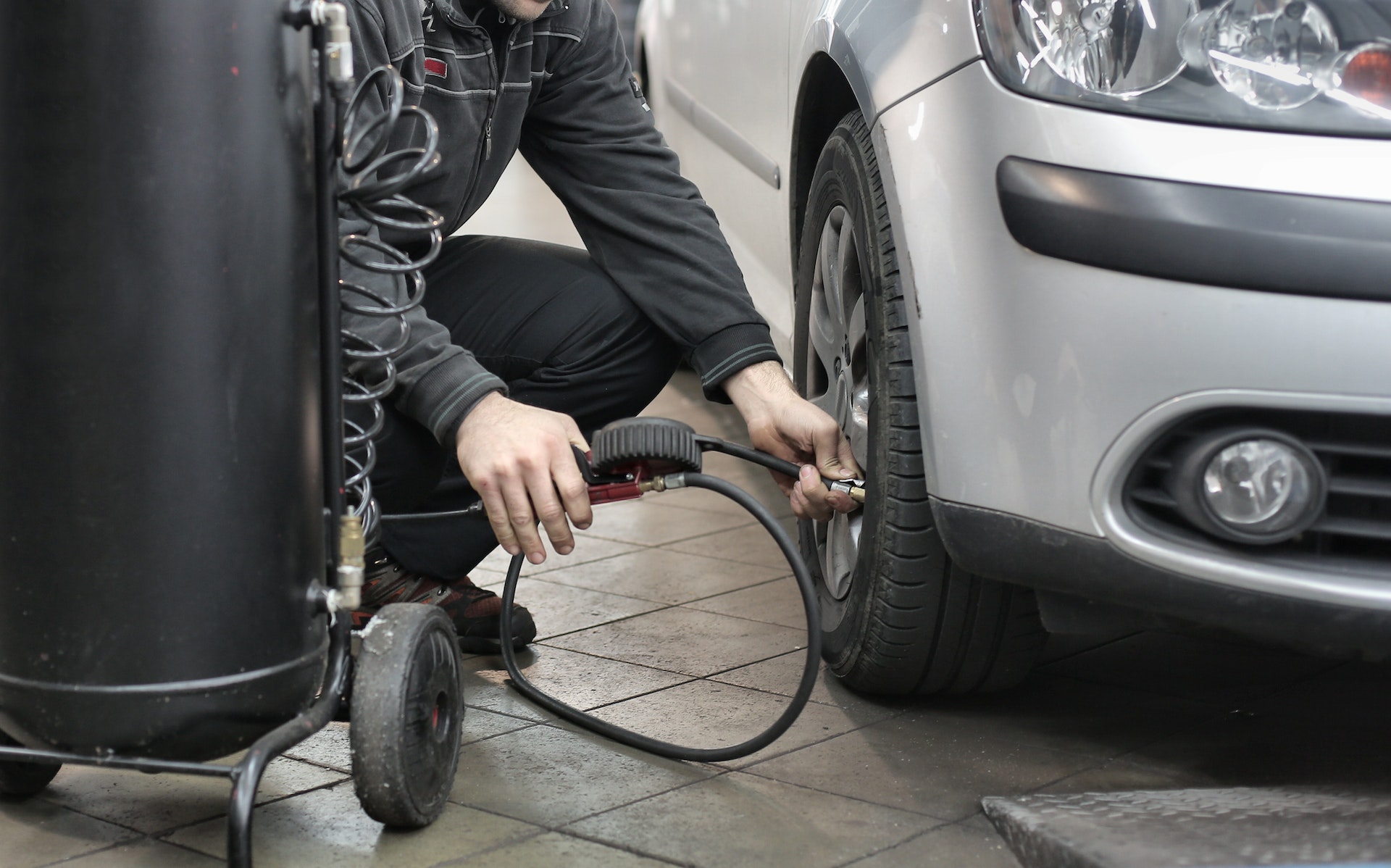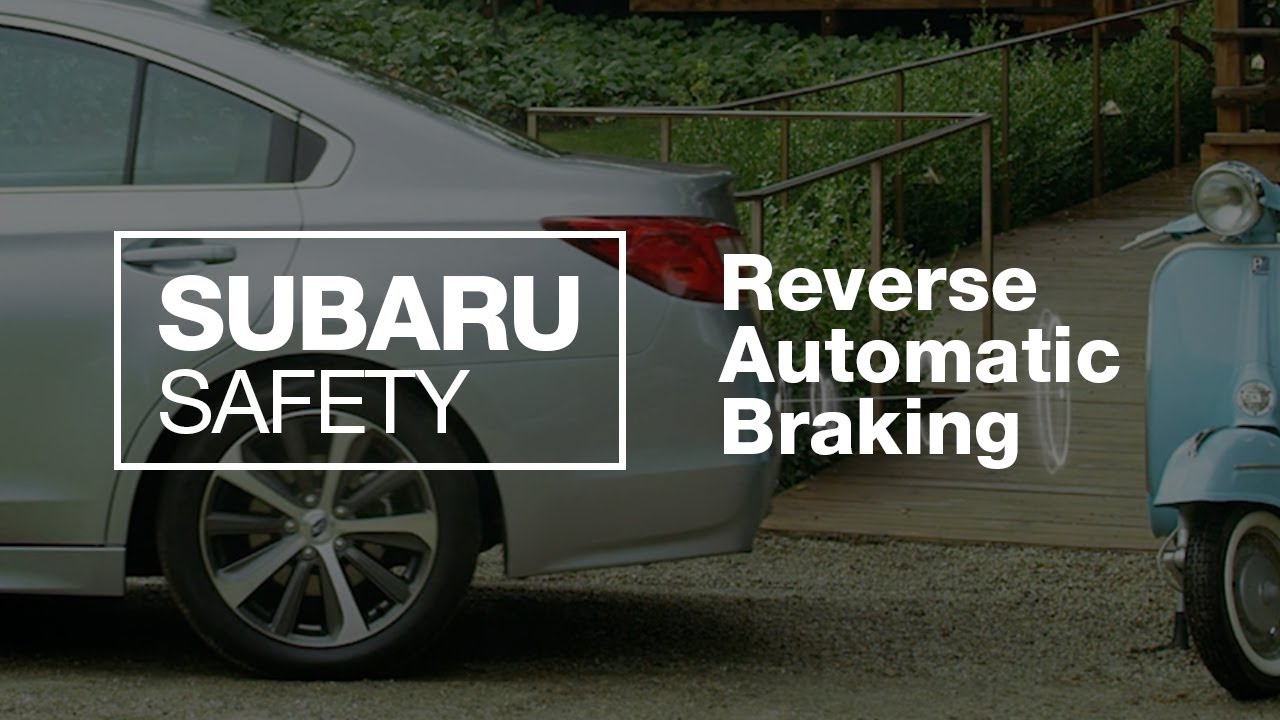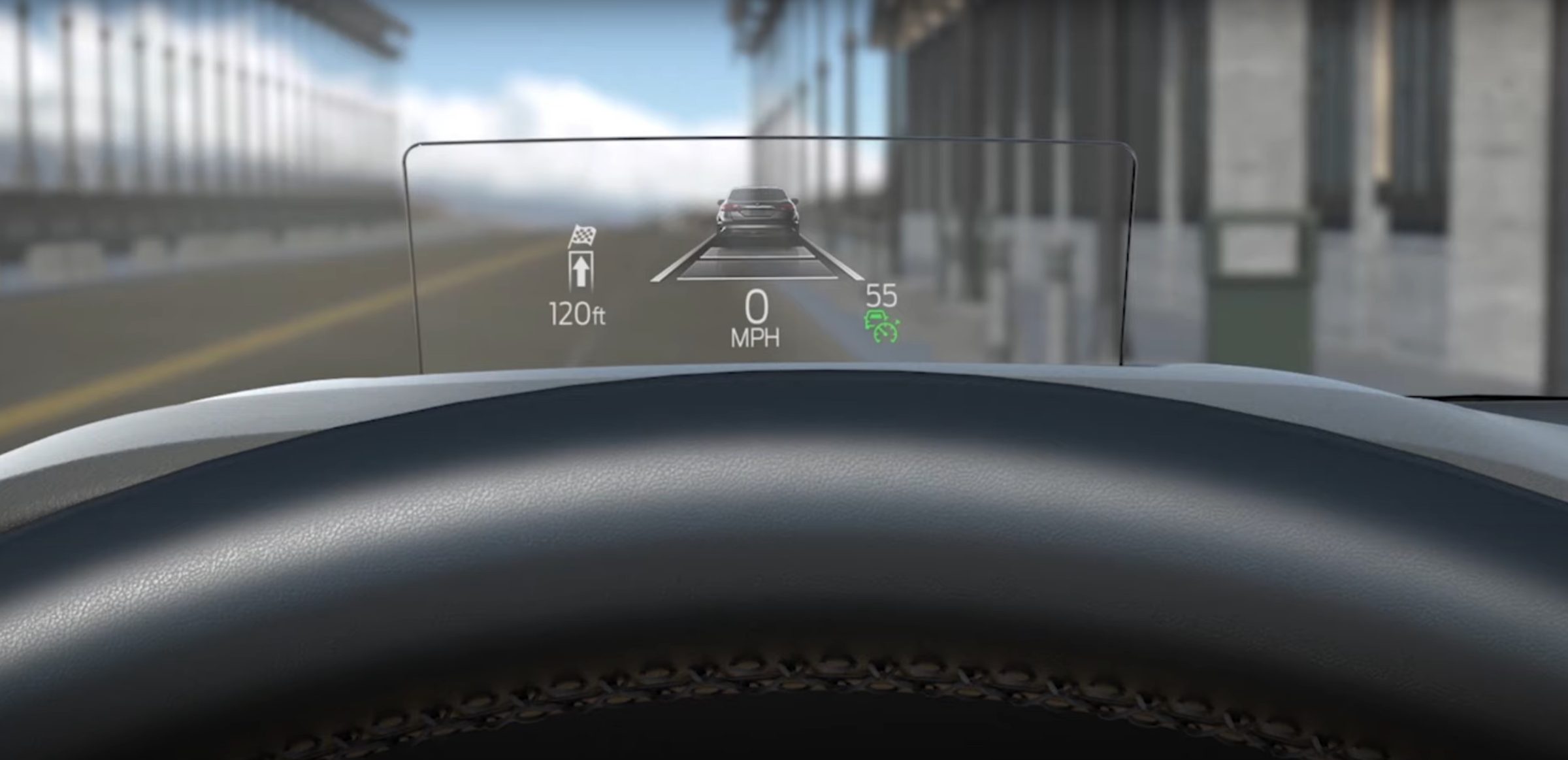Gas prices continue to rise, which means that drivers need to find new ways to maximize their mileage. The good news is that there are several simple things you can do to improve your gas efficiency.
The downside is that this may impact the way you drive – or rather, how much throttle you give the car. In this article, we’ll look at why you should keep your tires properly inflated as part of a broader plan to improve your fuel economy.

Keep monitoring tire pressure
Whether you’re commuting in peak hours or just driving from point A to point B, it’s important that you keep an eye on your tire pressure. Improper tire inflation can lead to dangerous consequences for both your tires and your fuel efficiency.
How low or high pressure affects fuel economy
Improper tire pressure affects your gas mileage in a variety of ways. When your tires are underinflated, they create more rolling resistance, meaning your engine has to work harder to move the car forward, which increases fuel consumption.
On the other hand, when your tires are overinflated, they create less rolling resistance, but they also create an irregular contact patch which leads to a decrease in traction and an increase in fuel consumption.
Conclusion
The increased wear on your tires due to improper inflation can lead to a decrease in fuel efficiency. In order to maximize your gas mileage, it’s important to keep your tires at the manufacturer’s recommended pressure, as this will reduce rolling resistance, increase traction, and reduce tire wear.



